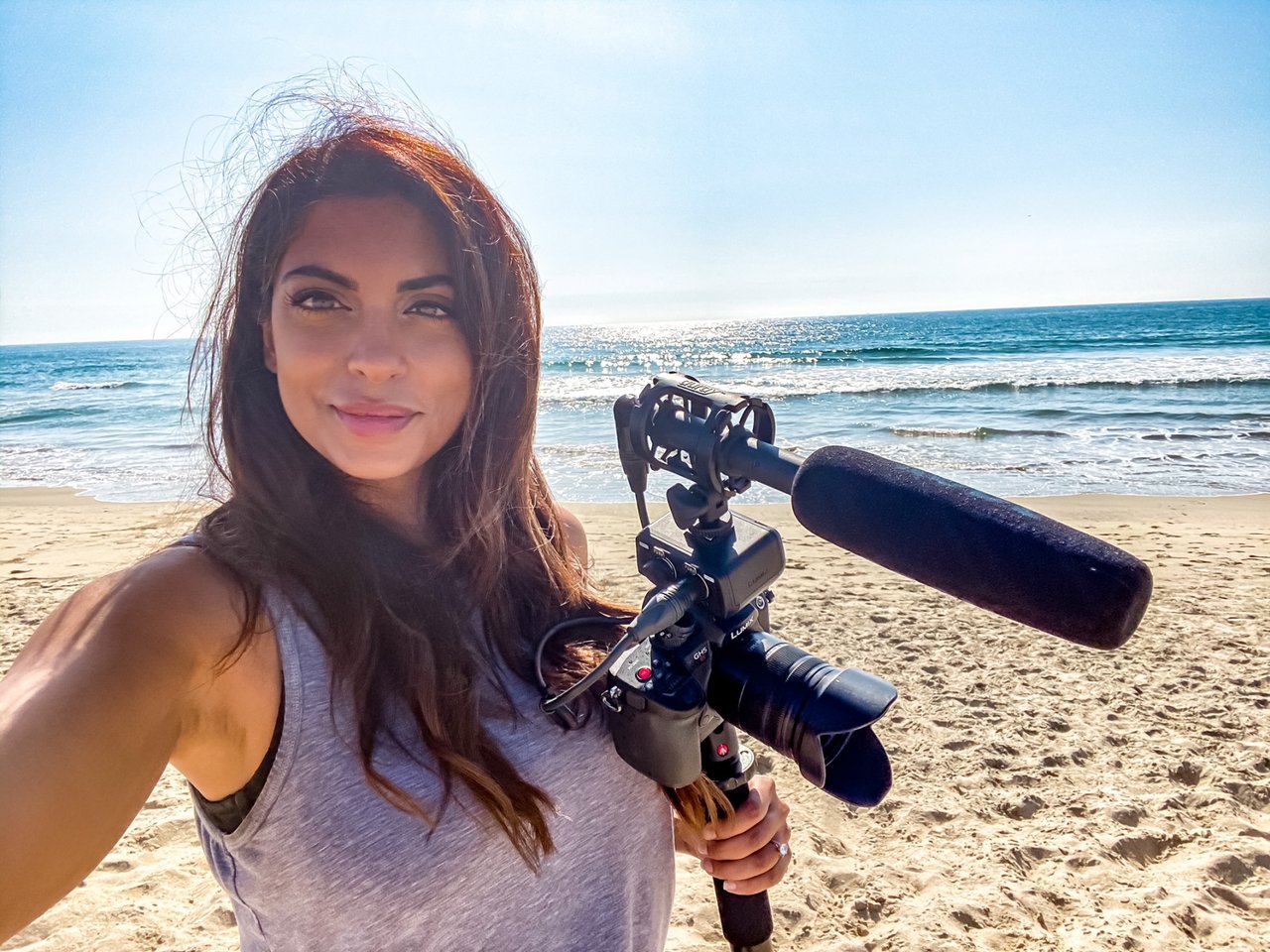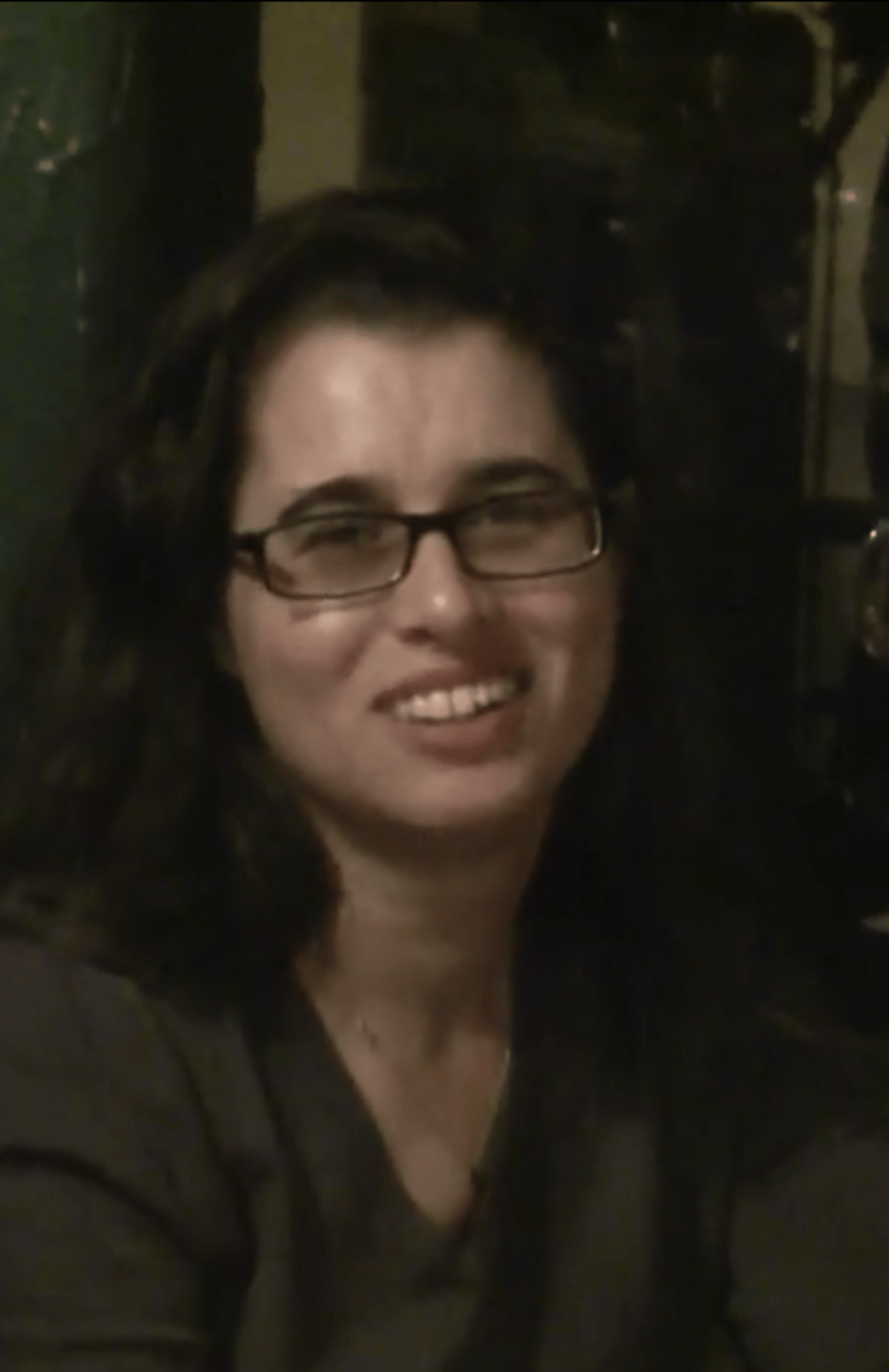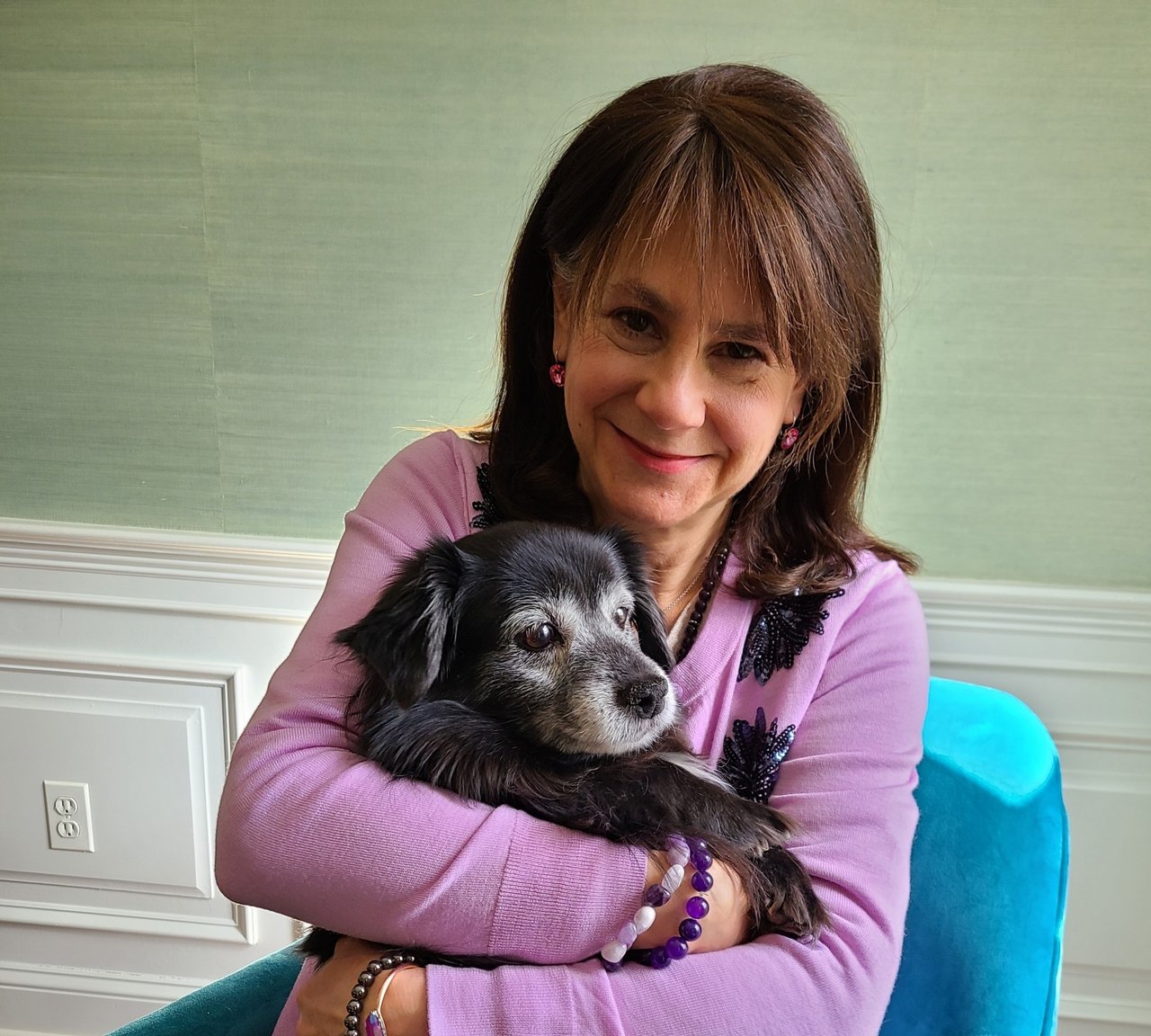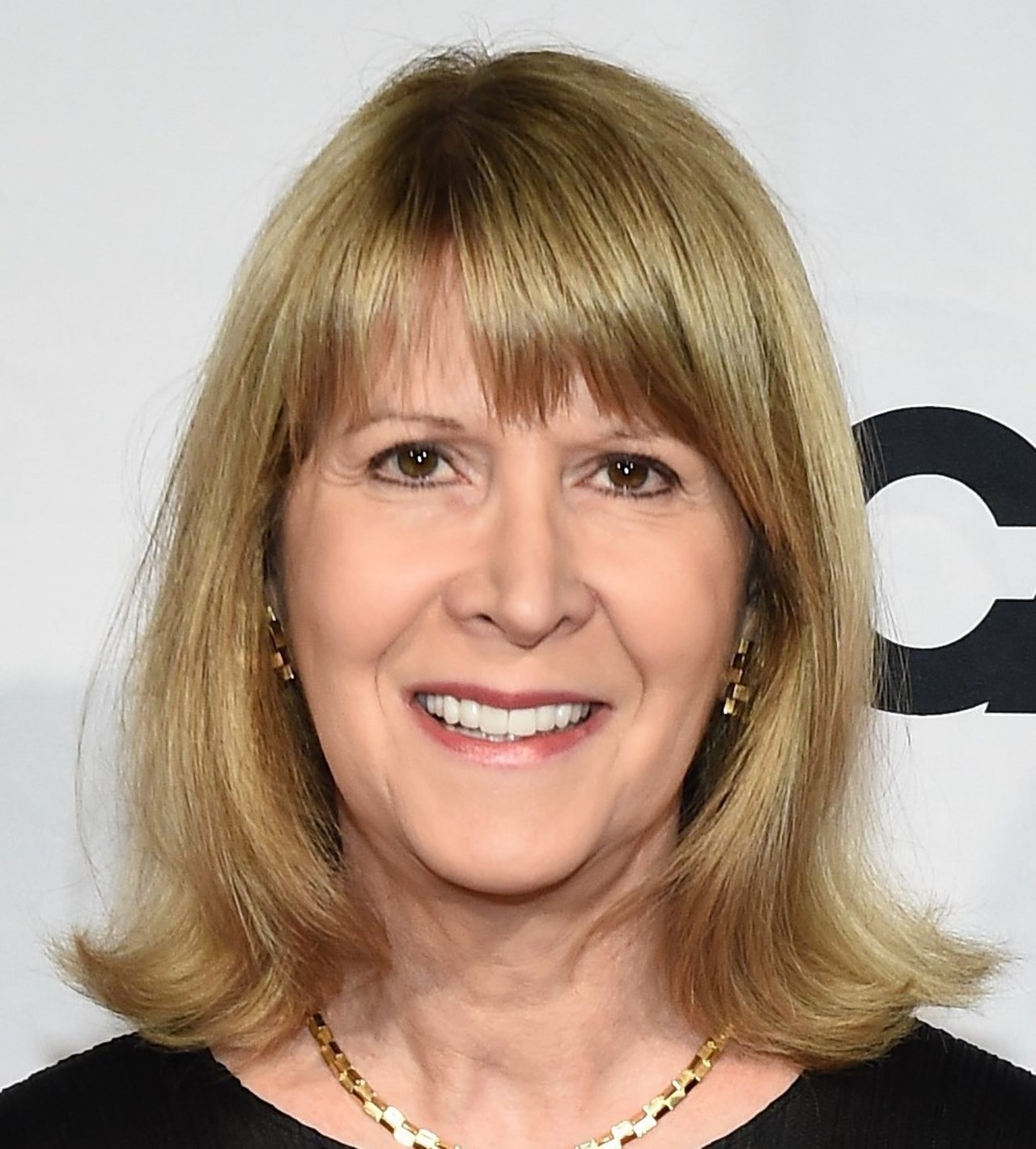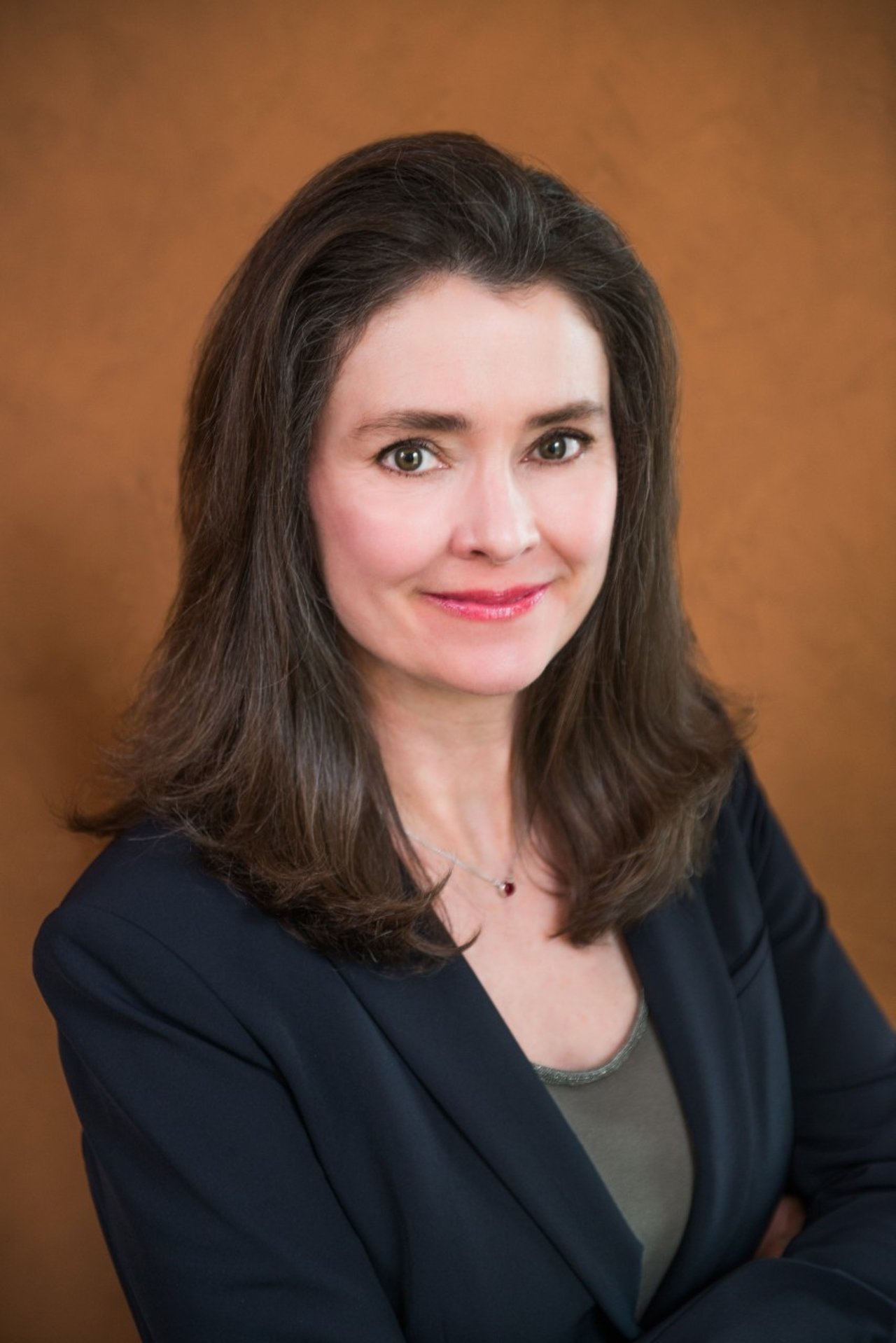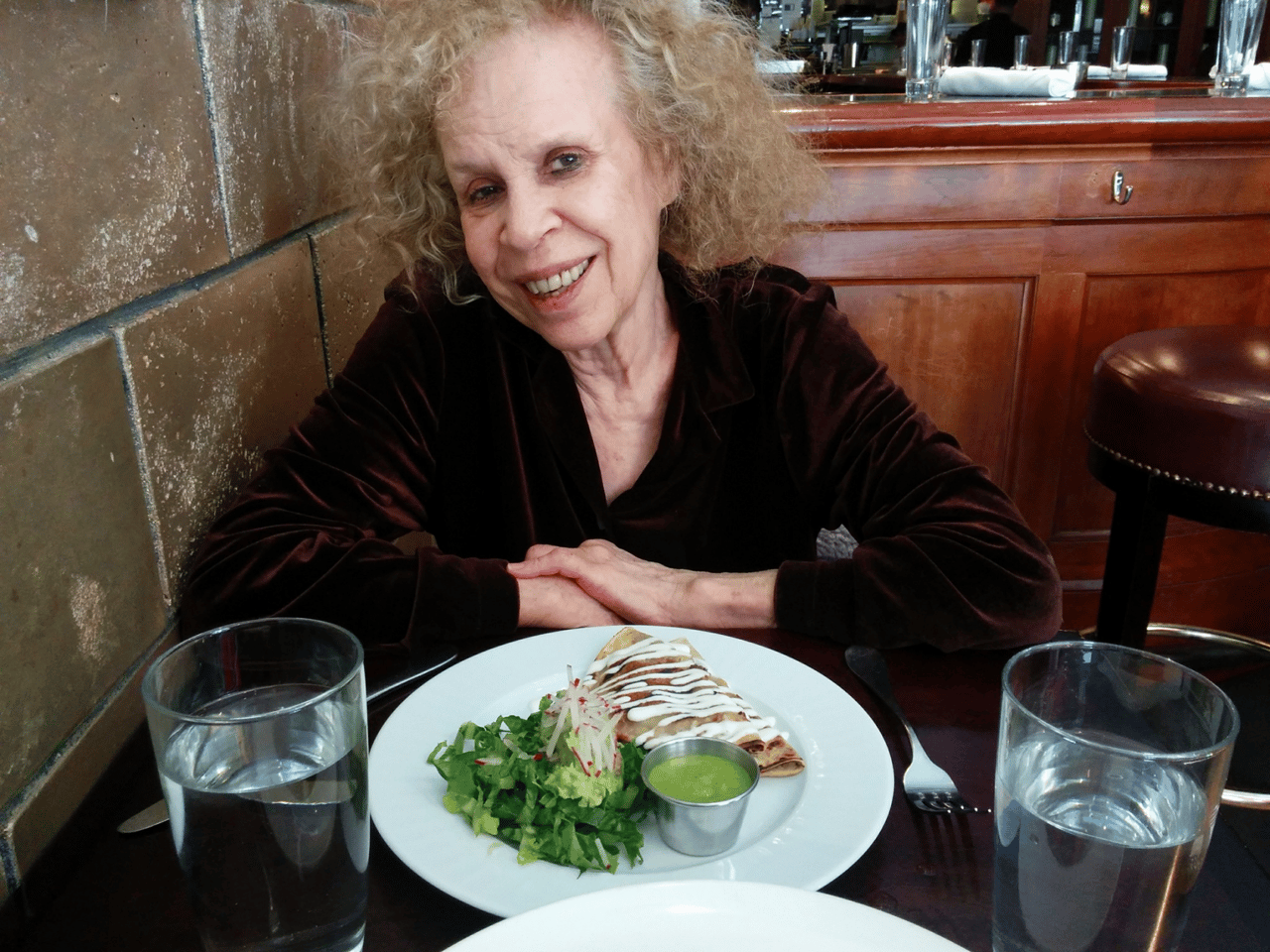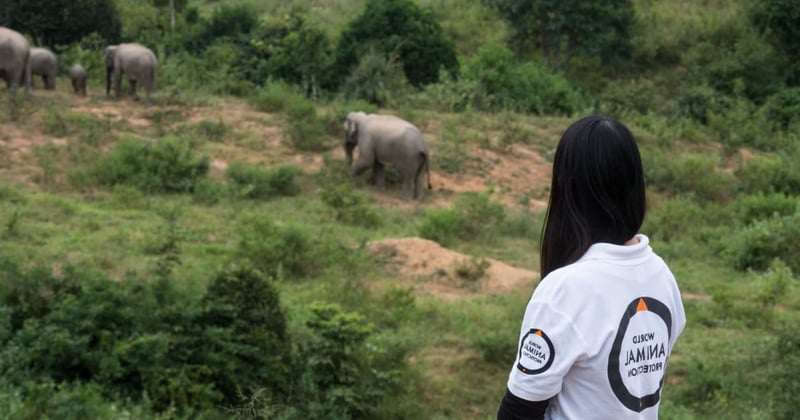
Honoring Women’s Achievements for Animals this International Women’s Month
Blog
March marks International Women’s Month - a time to celebrate women's achievements, call out inequalities, and recognize the need for gender parity. Together we must celebrate women’s achievements, raise awareness against bias, and take action for equality.
This year, we are putting the spotlight on amazing women who use their voices to take a stand and help protect animals around the world through their research, journalism, advocacy, and everyday choices. These women choose to challenge gender norms and the status quo, and we are proud to know them and celebrate them today.
Happy International Women’s Month!
Click on a name below to jump to the corresponding profile:
Aliya Jasmine
Aliya Jasmine is an award-winning television host, producer, and environmental journalist (M.A.) She is currently a Fellow of the Royal Canadian Geographic Society, Director of Nature United, and co-founder of the environmentally focused creative think tank, Lili Media & Design Lab based in California.
What inspires you to use your voice to protect animals?
Nothing makes a human feel luckier than getting a glimpse of wildlife in their natural element. Those rare breathtaking moments inspire me. Yet, reports show that we, humans, are behind the current accelerated rate of species extinction because of the many ways we push & pull animals out of their natural habitats. When we lose our iconic species (which we are already starting to) the cascading negative effects in our ecosystem will be dramatic and irreversible. The fear of that and the responsibility - as a fellow human - to reverse course, is what drives me.
As an environmental journalist, what has been the most memorable animal story you’ve reported on?
I’m still shook after reporting on the use of bear bile as an alleged “cure” in response to COVID-19. The level of torture and inhumanity continues to haunt me.
In recognition of International Women’s Month, what message do you want to send out to young women interested in protecting animals and the planet?
I encourage women of all ages to look into the Ecofeminism Theory. Ecofeminism is founded on the premise that both the feminist and ecological movements are intertwined. Here are a few examples of how:
- A report by the World Health Organization (WHO) shows that women’s health can be more affected by extreme weather than men’s.
- More women, than men, die in heatwaves and malaria epidemics associated with rising temperatures.
- Extreme weather is forcing people to immigrate resulting in instability and poverty that makes women more vulnerable to abuse (example: according to UNEP human trafficking increases significantly during natural disasters).
- Women and girls are responsible for collecting water in 80% of homes without access to piped water.
- People living in poverty are more exposed to the harmful effects of climate change. Women and girls represent 70% of the total population living in poverty.
Anna Cesar
Anna Cesar is Managing Director at a prestigious boutique investigative firm in Los Angeles and has worked on a wide range of cases, both domestically and internationally. Her true passion is animal welfare and rescue, and she currently rescues cats in the greater Los Angeles area. She and her late husband, Ron, have rescued many cats throughout the years, as well as an injured dog in 2019 they named Henry, who adored his dad and now provides comfort and companionship to his mom.
How did you become interested in animals?
My father was a huge animal lover, and he taught me to love and respect them. We had cats growing up, but I have always loved all animals.
What makes you the most hopeful about the future for animals and our planet?
I see many from younger generations truly interested in making our world a better place by advocating for the voiceless which gives me hope that someday, we will live in a cruelty-free world peacefully with other species, who deserve to be respected.
In recognition of Women’s History Month, what message do you want to send out to young women interested in protecting animals and the planet?
- Don’t let others think for you. Think for yourself.
- Stand up for animals and the environment.
- Don’t let anyone dissuade you from your animal advocacy.
- Be strong and teach others how all animals, regardless of their makeup, are wonderful, sentient beings who deserve love and respect.
- You are more than capable of changing things for the better for animals and the world around you.
- Start with schools. Encourage teachers to adopt a curriculum tailored to animal welfare.
- Lead by example.
- And always do what’s right.
Valerie White
Valerie White is a mother of a 14-year-old daughter, 2 dogs, and 5 cats. For most of her professional life she worked as an executive and life coach. Caring for and about animals has always been an important part of her life and, throughout the last 18 years of her marriage, she has been able to be actively involved in helping local animals.
How did you become interested in helping animals?
From the time I was a young child, I have adored animals and been pained to ever learn of or see them suffering. My father was a huge animal lover and inspiration and grandparents on both sides of my family always had and loved pets. I became most vividly aware of the plight and severe suffering of animals while in college after receiving a contribution solicitation to stop the dog meat industry in Asia. There was a horrific image that has been forever etched in my mind. From that time forward I have actively contributed financially to charities and took action to lend my voice, signature, and support to wonderful animal organizations and brave people doing that work and to my legislators.
In recognition of Women's History Month, what message do you want to send out to young women interested in protecting animals and the planet?
For women looking to lend their voice and efforts to animals, never hesitate when your heart says to act---you will only regret those opportunities where you did not. And never think that any action is too small. You can serve as an inspiration for kindness and call to action to others and that can sometimes be the way that you will have the greatest impact. Finally, don’t hesitate to enlist others in your efforts as having a helpful partner or friend can also make a world of difference in what you are able to accomplish.
Cathy Wallach
Cathy Wallach is an entrepreneur and animal welfare advocate. After selling her computer training company to The Washington Post, she was fortunate enough to be able to turn her lifelong love for animals into action. She served on the board of the American Society for the Prevention of Cruelty to Animals from 2003 to 2019 and is currently on the board of HEART (Humane Education Advocates Reaching Teachers). She strongly believes that all animals deserve compassion and equal protection, and she is particularly focused on putting an end to factory farming.
How did you become interested in helping animals?
When I was in my twenties, I witnessed a dog shaking after he was hit by his owner with a newspaper. The dog's fear and pain got to me in such a way that I never forgot that moment. After I sold my company, I joined the board of a large animal welfare organization. That was in 2003, and just a few months later I found out how farm animals are treated. I was stunned and horrified. I could not believe that these conditions and activities were legal. I thought that all I had to do was expose it and things would change.At the time, I was not aware of all the farm animal welfare work going on and I never imagined there would be such a long, hard struggle ahead. However, I was determined to do everything in my power to help these sentient beings.
What makes you the most hopeful about the future for animals and our planet?
I'm hopeful that changes are coming because organizations in the areas of animal welfare, human health, and the environment are now joining forces and working together to eliminate factory farming.
In recognition of Women's History Month, what message do you want to send out to young women interested in protecting animals and the planet?
Be tolerant of other viewpoints. Be inclusive and try not to judge. Division within the animal welfare/animal rights community never helps the animals. There may indeed be no way to "humanely" raise animals for food and perhaps they shouldn't be killed for food at all. We can debate those issues all we want, but right now there are billions of animals raised and slaughtered for food every year and if there is anything that can be done to ease their suffering in the meantime, we should be doing it. Consumer demand, legislation, education - let's use these tools to drive the elimination of crates, cages, overuse of antibiotics, etc. from the systems that are in place today, while working even harder to eventually eliminate factory farming altogether.
Sue Doran
Sue Doran, MS, RDN, is a registered dietitian, nutritionist, and the founder of Let’s Meat Less, a nonprofit organization whose mission is to educate and empower eating habits that positively impact our health, our environment, and our farmed animal friends.
Tell us about your advocacy or activism for animals.
My activism for animals includes actions such as finding homes or shelters for homeless kitties in my neighborhood, spay, and neutering, volunteering as an adoption counselor and dog-walker at a local animal shelter and suggesting places to meet and recreate other than zoos.
I also enjoy a diet free of animal meat, eggs, and milk, and I do my best to educate people about the water, air, and land pollution, deforestation, habitat loss, and death of ocean mammals caused by raising farmed animals and fish to be eaten.
In addition, my organization, Let’s Meat Less, is launching Meatless Monday in my hometown of Columbia, South Carolina, on April 12th this year, which will help animals, humans, and our environment. And of course, I support organizations such as World Animal Protection that advocate for animals!
In recognition of Women's History Month, what message do you want to send out to young women interested in protecting animals and the planet?
Young women, men, and anyone who is interested in protecting animals and the planet can start small - but with a lot of oomph! - by eating plant-based and by helping save that local homeless dog or cat. Also, and very importantly, be a stellar ambassador for animal protection. This means please strive to be diplomatic, informed, friendly, gentle, and even witty with your message. Kindly connect the dots for people about how human, environmental, and animal health and welfare are all connected.
Dr. Deborah Tanzer
Dr. Deborah Tanzer is a psychologist in New York City, where she was born and raised. Halfway through Harvard Law School many decades ago (then fiercely anti-female), she decided to become a psychologist. In addition to her clinical practice, she lectures and teaches, and is the author of Why Natural Childbirth? A Psychologist's Report on the Benefits to Mothers, Fathers, and Babies, as well as numerous articles in the areas of psychoanalysis, gender issues, and animal rights. She is currently writing a book about the psychological connections between human violence and the human treatment of animals throughout history. I also immediately became a vegan.
How did you become interested in helping animals?
Although I loved animals all my life, I like most people was unaware of the widespread exploitation and abuse they have been the victims of, and the unspeakable suffering they have endured at the hands of the human species. But many years ago, when I was doing research on violence against women for some articles I was writing, I started to come across material on the horrific treatment of animals. I was struck by the many similarities and connections between the oppression and exploitation of women and the oppression and exploitation of animals and I began to broaden my professional focus to encompass these connections.
What inspires you to use your voice and your actions to protect animals?
Animals worldwide are innocent victims of unconscionable human cruelty, and they need strong voices and powerful advocates. They are sentient beings, each of whom has a right and desire to live and thrive. Whether in factory farms and slaughterhouses, in vivisection laboratories, in circuses and marine parks, in fur farms and bile farms, or in the wild and the oceans, our violence against animals is not just morally wrong, but harms ourselves as well, desensitizing us and diminishing our caring and compassion for other beings. And now with the climate crisis, we are at a critical point where our actions are threatening countless animal species who share our planet, threaten our own species, and the earth itself. As a writer, as a psychologist, as a lover of animals, I want to do whatever I can to make a difference and help wake people up and change these things.
In recognition of Women's History Month, what message do you want to send out to young women interested in protecting animals and the planet?
My message is simple: There are so many areas in which you can make a difference for animals. Pick those that appeal to your passions, work hard, and be strong in your efforts to protect animals and the planet. Be guided by your caring and empathy for animals and try by your efforts to reach that same caring and empathy in others, which will make change possible.
